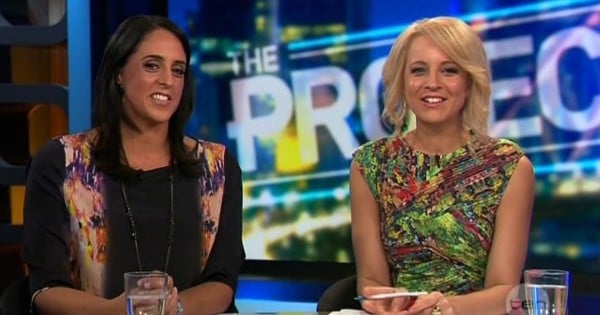
This Sunday, May 8, is Mother’s Day, a date made all the more poignant to me because it’s also World Ovarian Cancer Day and I lost my Mum Elsie to ovarian cancer when I was 30 years old.
When I was really little, I remember sneaking out of bed to watch the Moscow Olympics and dreaming of wearing the green and gold, I actually announced to my mum and dad that I was going to go to the Olympics when I was big!
Twenty years after retiring and now in my 40s it sometimes feels like a dream that I represented Australia three times in Olympic competition, let alone winning medals at the Olympic, Commonwealth Games and Pan Pacs!
In my early life, I never gave any thought to whether or not the people I loved would be by my side as I achieved my dreams through my swimming career and my life after sport. After swimming I went on to marry an amazing man, Marty and have three wonderful children, Ella, Joshua and Robinson, and establish a post-swimming television career that I love.



